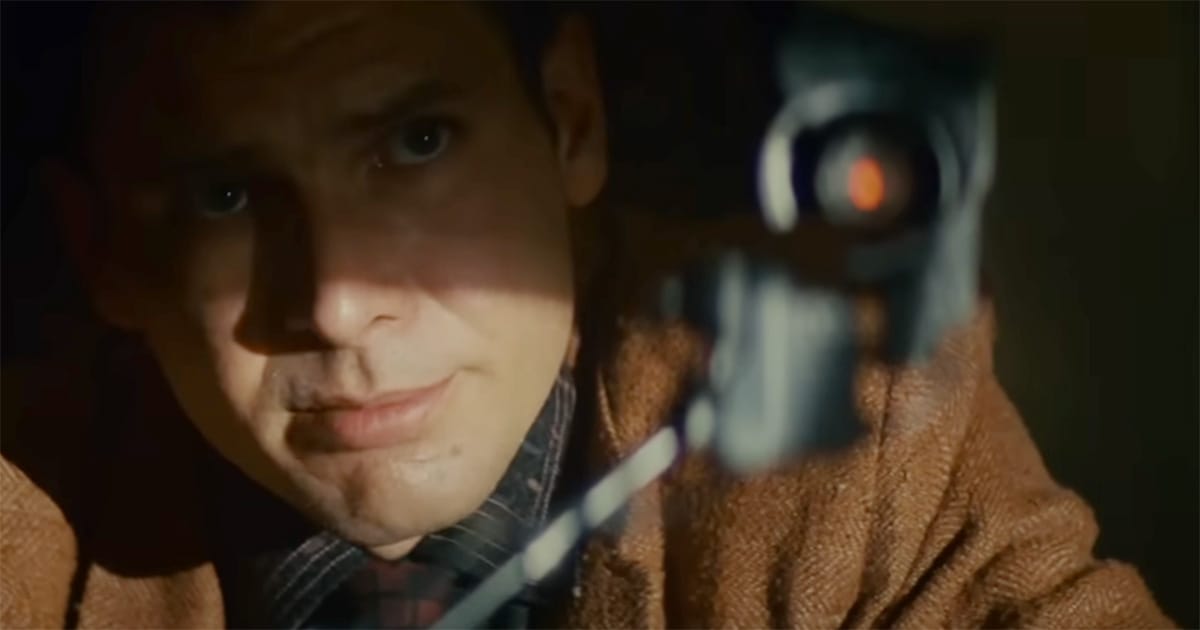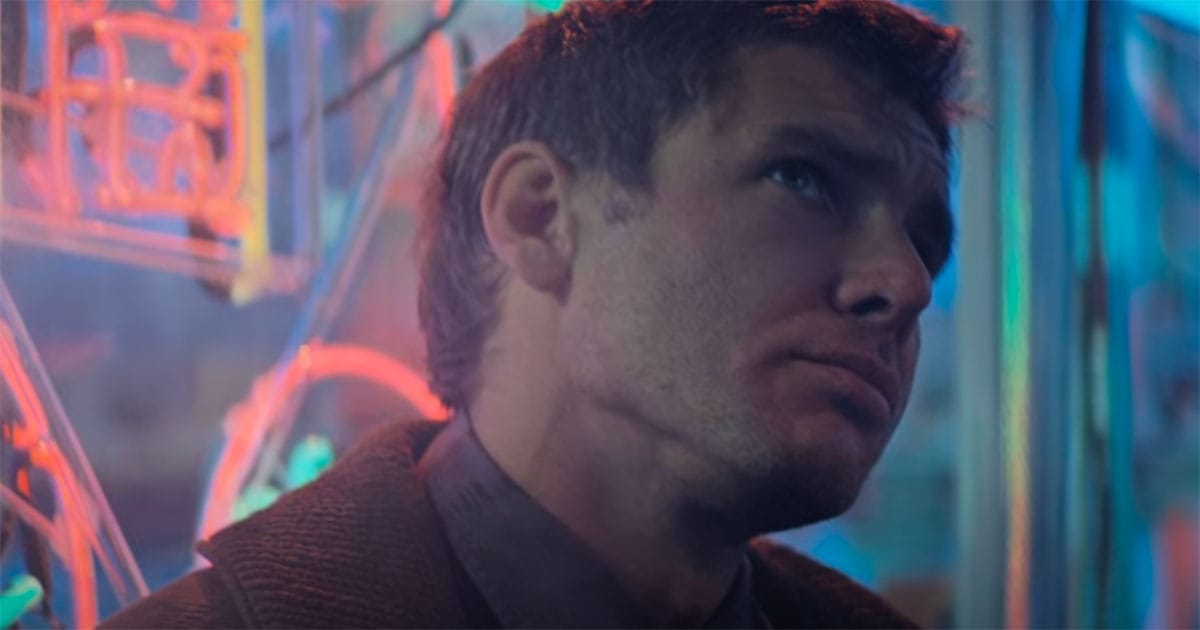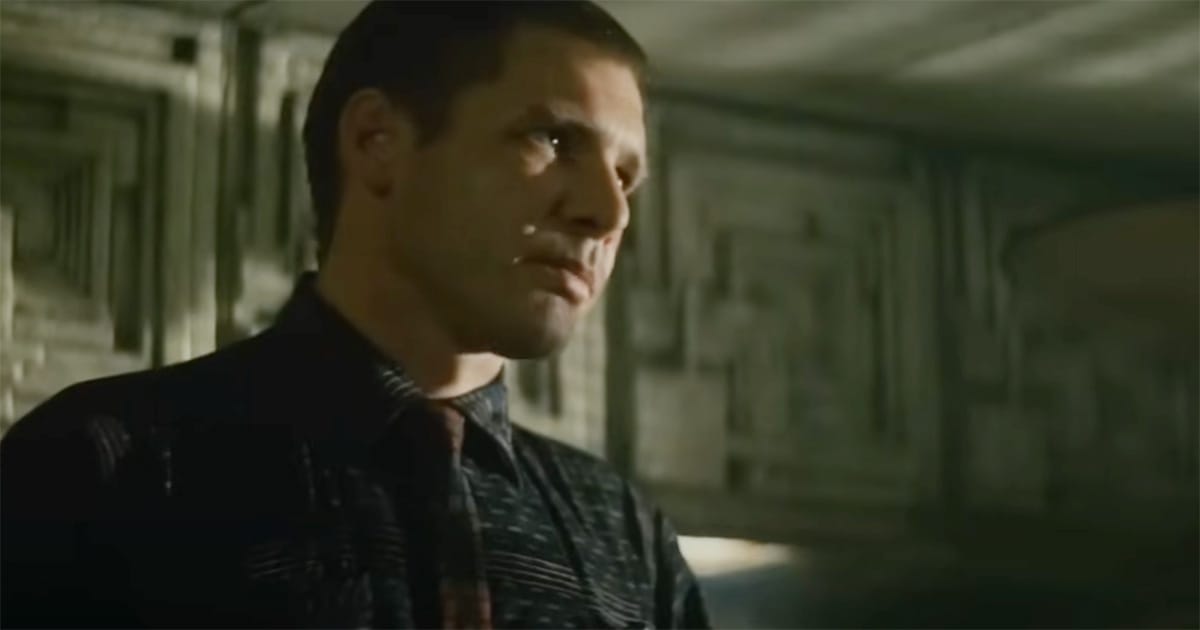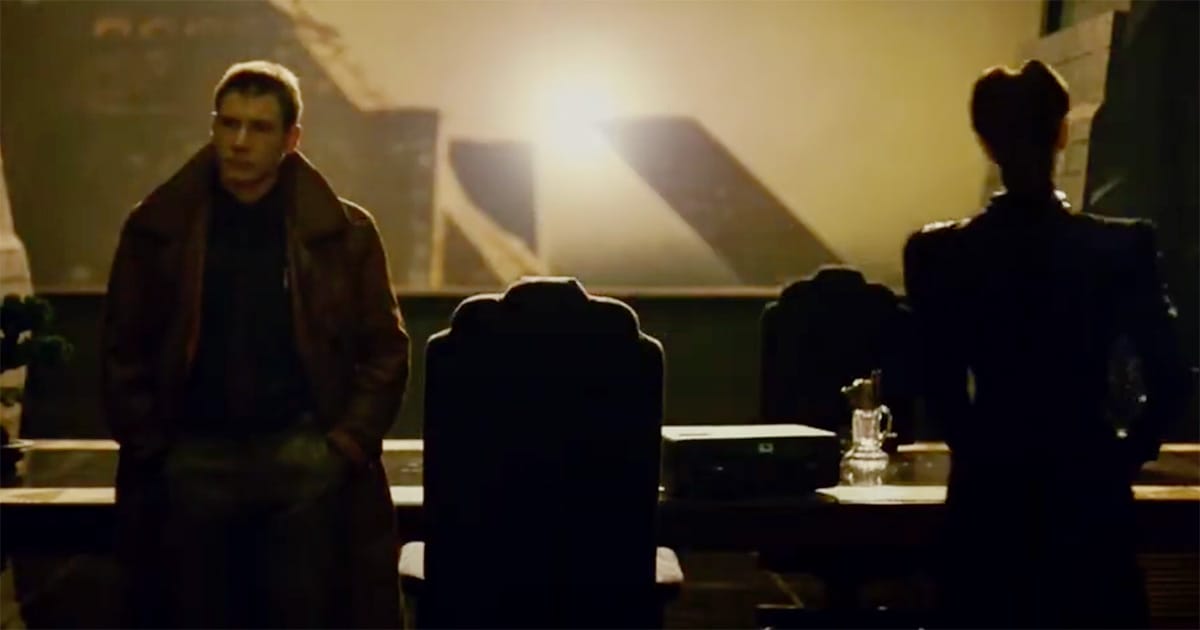What If Deckard in "Blade Runner" Discovered He Was a Replicant
Could Deckard be a replicant? This exploration of "Blade Runner" unpacks identity, memory, and the power of ambiguity in one of science fiction’s most enduring cinematic mysteries.

Revisiting the Question of Humanity
Since its release in 1982, "Blade Runner" has occupied a unique corner of science fiction cinema. With its shadowed cityscapes, melancholic tone, and philosophical undercurrents, the film presents a future that feels strangely intimate.
Ridley Scott's vision of Los Angeles in 2019, drawn from Philip K. Dick's "Do Androids Dream of Electric Sheep?" is less concerned with technology than with the fragile things it leaves behind—memory, conscience, and the soul.
The story centers on Rick Deckard, a weary blade runner tasked with hunting down rogue replicants. But the true intrigue of the film emerges not from its chase scenes or its dystopian flourishes. It comes from the uneasy reflection between man and machine, from the blurred boundary that separates the created from the creator. As the film unfolds, so does a quieter question, one that lingers long after the credits roll and challenges the very premise of identity.
The Collapse of the Hunter-Hunted Binary
At first glance, Rick Deckard represents order. He is a blade runner, a man whose job is to eliminate artificial beings who have overstepped their bounds. The replicants he pursues are engineered, dangerous, and—as the society around him claims—less than human. Yet throughout "Blade Runner," the emotional and moral clarity that should separate hunter from prey steadily unravels.

If Deckard were to learn he shared their origin, the narrative would undergo a quiet inversion. The man upholding the rules becomes subject to them. His authority as an enforcer would collapse, not through violence, but through introspection. What once seemed a clear mission would be reframed as a tragic irony. The hunted were not just similar to him. They were him.
This shift would deepen the viewer's sympathy for the replicants, especially Roy Batty. The line dividing human from machine, right from wrong, would no longer be a wall. It would be a mirror.
Memory, Selfhood, and Manufactured Reality
One of the most haunting elements in "Blade Runner" is its treatment of memory. For replicants, memories are often implants—artificially constructed narratives meant to provide emotional stability and a sense of continuity. Rachael's case illustrates this perfectly. She believes she is human because her memories feel real, even though they were borrowed from someone else.

If Deckard were to discover that his own past had been fabricated, the psychological consequences would be profound. The life he thought he had lived—his job, his preferences, even his moral convictions—would become suspect. His very sense of self would hang on a thread woven by corporate hands. Unlike Rachael, who reacts with shock and despair, Deckard's internal unraveling would be quieter. Years of certainty would dissolve into a fog of doubt.
This scenario would not merely challenge his identity. It would confront the audience with the unsettling possibility that memory, the foundation of who we are, might be no more reliable than a machine's programming. If a man can feel loyalty, grief, or love based on events that never truly happened, what then defines humanity? Is it biology, experience, or simply belief? Deckard's realization would echo beyond the screen, prompting us to ask how much of ourselves depends on a story we assume to be true.
In this light, Deckard becomes less a character in a science fiction film and more a symbol of the modern self—adrift in a world where even our innermost truths may be carefully engineered.
Societal and Structural Implications
In the world of "Blade Runner," the Tyrell Corporation sits atop a technological empire. Its creations—replicants—are designed to serve, obey, and, when necessary, die. The blade runners are the instruments of this control, ensuring that any deviation from order is swiftly corrected. Deckard's potential discovery that he is himself a replicant would strike at the foundation of this system. It would mean that even the guardians of the system are products of it, unaware of their own nature.

Such a revelation would not only blur individual identity but destabilize the entire structure of power and control. If a replicant can be placed in a role of authority without knowing his origins, how many others might also be unaware? The line between creator and created would erode, casting doubt on every hierarchy and law enforcement mechanism in the film's universe.
This scenario also raises difficult questions about governance. If artificial beings are indistinguishable from humans, both physically and psychologically, on what basis can society enforce different rules? What does justice mean in a world where memory and identity are manufactured assets? Deckard's realization would not merely be a personal crisis—it would be a systemic failure.
The society portrayed in "Blade Runner" relies on illusions of difference to maintain order. Deckard's hidden nature would reveal those differences to be arbitrary, or worse, deliberate deceptions. It would suggest a world where control is maintained not only by force, but also by ensuring that even the enforcers believe in a lie.
Shadows in the Machine
The brilliance of "Blade Runner" lies not in definitive answers but in the tension it sustains. Ridley Scott's refusal to confirm Deckard's nature—despite hints in the Director's and Final Cuts—preserves a space for reflection that is rare in science fiction. The ambiguity becomes a feature, not a flaw. It invites the viewer to live in uncertainty, to question not only the character's origin but the very categories of man and machine.

Had the film resolved the question outright, "Blade Runner" would have shifted from philosophical inquiry to personal tragedy. Deckard discovering he is a replicant would reframe the film as a tale of self-recognition, casting his actions in a newly ironic light. Every moment of duty, every assumption of superiority, would be revealed as self-deception. It would be powerful—but also limiting.
By leaving the door ajar, the film allows for a broader meditation. What does it mean to be human if our thoughts, emotions, and choices can be mirrored so precisely by something artificial? Is identity a matter of origin or of experience?
Ultimately, the question is not whether Deckard "is" a replicant. The power of "Blade Runner" lies in asking what it would mean if he "might" be. That doubt is the film's most human element.

